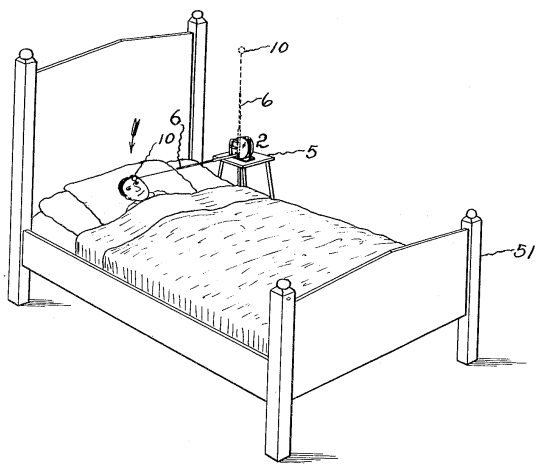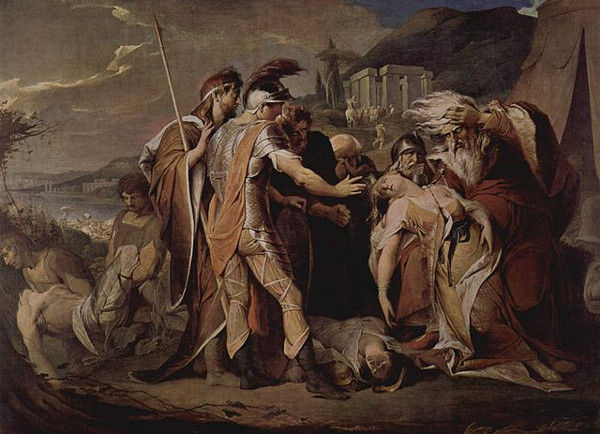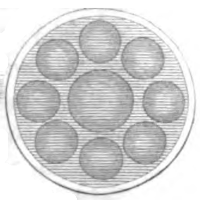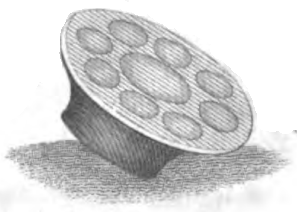“To the memory of Miss Emily Kay, cousin to Miss Ellen Gee, of Kew, who died lately at Ewell, and was buried in Essex.”
Sad nymphs of U L, U have much to cry for,
Sweet M L E K U never more shall C!
O S X maids! come hither and D 0,
With tearful I, this M T L E G.
Without X S she did X L alway,
Ah me! it truly vexes 1 2 C
How soon so D R a creature may D K,
And only leave behind X U V E!
Whate’er 1 0 to do she did discharge,
So that an N M E it might N D R:
Then why an S A write? — then why N
Or with my briny tears B D U her B R?
When her Piano-40 she did press,
Such heavenly sounds did M N 8, that she
Knowing her Q, soon 1 U 2 confess
Her X L N C in an X T C.
Her hair was soft as silk, not Y R E,
It gave no Q, nor yet 2 P to view:
She was not handsome; shall I tell U Y?
U R 2 know her I was all S Q.
L 8 she was, and prattling like a J;
How little, M L E! did you 4 C,
The grave should soon M U R U, cold as clay,
And you shall cease to be an N T T!
While taking T at Q with L N G,
The M T grate she rose to put a :
Her clothes caught fire — no 1 again shall see
Poor M L E, who now is dead as Solon.
O L N G! in vain you set at 0
G R and reproach for suffering her 2 B
Thus sacrificed; to J L U should be brought,
Or burnt U 0 2 B in F E G.
Sweet M L E K into S X they bore,
Taking good care the monument 2 Y 10,
And as her tomb was much 2 low B 4,
They lately brought fresh bricks the walls to 10.
— Horace Smith, in A Budget of Humorous Poetry, 1866
(This is a bit more recondite than the Ellen Gee poem. “D 0” is decipher, “1 0 to” is one ought to, N is enlarge, 10 is heighten, and “X U V E,” I am pleased to understand, is exuviae, “an animal’s cast or sloughed skin.” Let’s hope it stopped here.)









